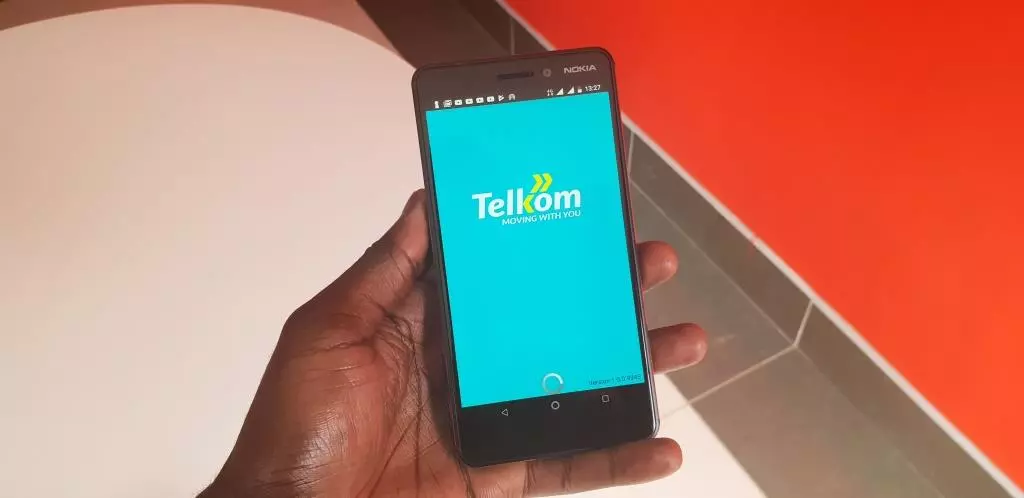
Mobile business messaging traffic to jump 10% this year thanks to surge in eCommerce
A new study from Juniper Research has found that global mobile business messaging traffic will increase by 10% this year to 2.7 trillion, up from 2.5 trillion last year. The mobile business messaging market is comprised of three main messaging protocols: SMS, RCS (Rich Communication Services), and OTT (Over-the-Top) messaging applications.
The new research, A2P Messaging: SMS, RCS & OTT Business Messaging 2020-2025, found that this growth will be driven by the retail sector, with rising eCommerce sales during the COVID-19 pandemic leading to an increase in the number of messages sent to customers. Within retail, mobile business messaging is used to issue order confirmations, dispatch notifications, tracking information and delivery updates.
Investment Slows in New Messaging Technologies
The report found that SMS has proven resilient during the pandemic; owing to the messaging format’s ubiquitous nature; estimating that SMS will comprise 98% of all mobile business messaging traffic in 2020. However, the research noted that investment into alternative protocols, including RCS and OTT messaging, has slowed due to the COVID-19 pandemic and anticipated further economic downturn.
Retail Business Messaging to Grow by 20% this Year
The report forecasts that mobile business messaging traffic attributable to the retail sector will grow by 20% this year, with volume increasing from 336 billion in 2019 to 408 billion in 2020. Consumers’ increased reliance on online retail services has been the primary cause of growth this year. Additionally, it predicts that retailers will be early adopters of media-rich messaging services, with brands embracing rich media to provide interactive elements, such as real-time order tracking, to its users.
Research author Scarlett Woodford noted:
‘The COVID-19 pandemic has greatly accelerated digital transformation in the retail sector, as footfall in physical locations is predicted to remain stunted by public concern. To fully capitalize on this, brands must create personalized retail experiences through rich media content, subsequently driving consumer loyalty and increasing profits.’
Key Use Cases of Mobile Business Messaging in eCommerce
- Order Confirmations and Shipping Updates One of the most common uses of mobile messaging in eCommerce is for transactional updates. After a purchase, customers expect instant order confirmations, followed by real-time shipping notifications. This not only enhances transparency but also reassures customers that their orders are being processed and delivered on time.
- Abandoned Cart Reminders Mobile messaging is highly effective for reducing cart abandonment. Businesses send timely SMS or in-app messages to remind customers about the items they left behind in their shopping carts, often coupled with personalized discounts or offers to encourage conversion.
- Personalized Marketing Campaigns eCommerce businesses leverage SMS and other messaging apps like WhatsApp to send personalized promotions, flash sales, and exclusive offers. This direct channel allows for immediate engagement, often resulting in higher open and conversion rates compared to email marketing.
- Customer Support and Conversational Commerce Messaging platforms enable eCommerce brands to offer real-time customer support. Through chatbots or live agents, customers can ask questions, resolve issues, and even make purchases directly through messaging apps. This conversational commerce approach simplifies the shopping experience, offering convenience while driving sales.
- Loyalty Program Notifications Many eCommerce businesses use mobile messaging to keep customers engaged with loyalty programs. By sending points updates, exclusive member offers, and reward reminders, businesses encourage repeat purchases and increase customer lifetime value.
- Payment Reminders and Invoices Mobile business messaging also helps streamline payment processes. Customers can receive payment reminders, invoices, or links to complete transactions, making the buying experience faster and more convenient.
A Competitive Advantage for Businesses
For businesses, leveraging mobile messaging isn’t just about keeping customers informed. It’s a strategic tool to nurture customer relationships and encourage repeat purchases. By offering timely and personalized communications, companies can build trust, reduce cart abandonment, and even provide post-purchase support more effectively.
Looking Ahead
With the continued growth of eCommerce and the evolving consumer preference for mobile interactions, the role of business messaging is set to expand further. This shift not only boosts traffic but also opens doors for businesses to enhance the overall customer experience, making it a key differentiator in the competitive eCommerce landscape.









